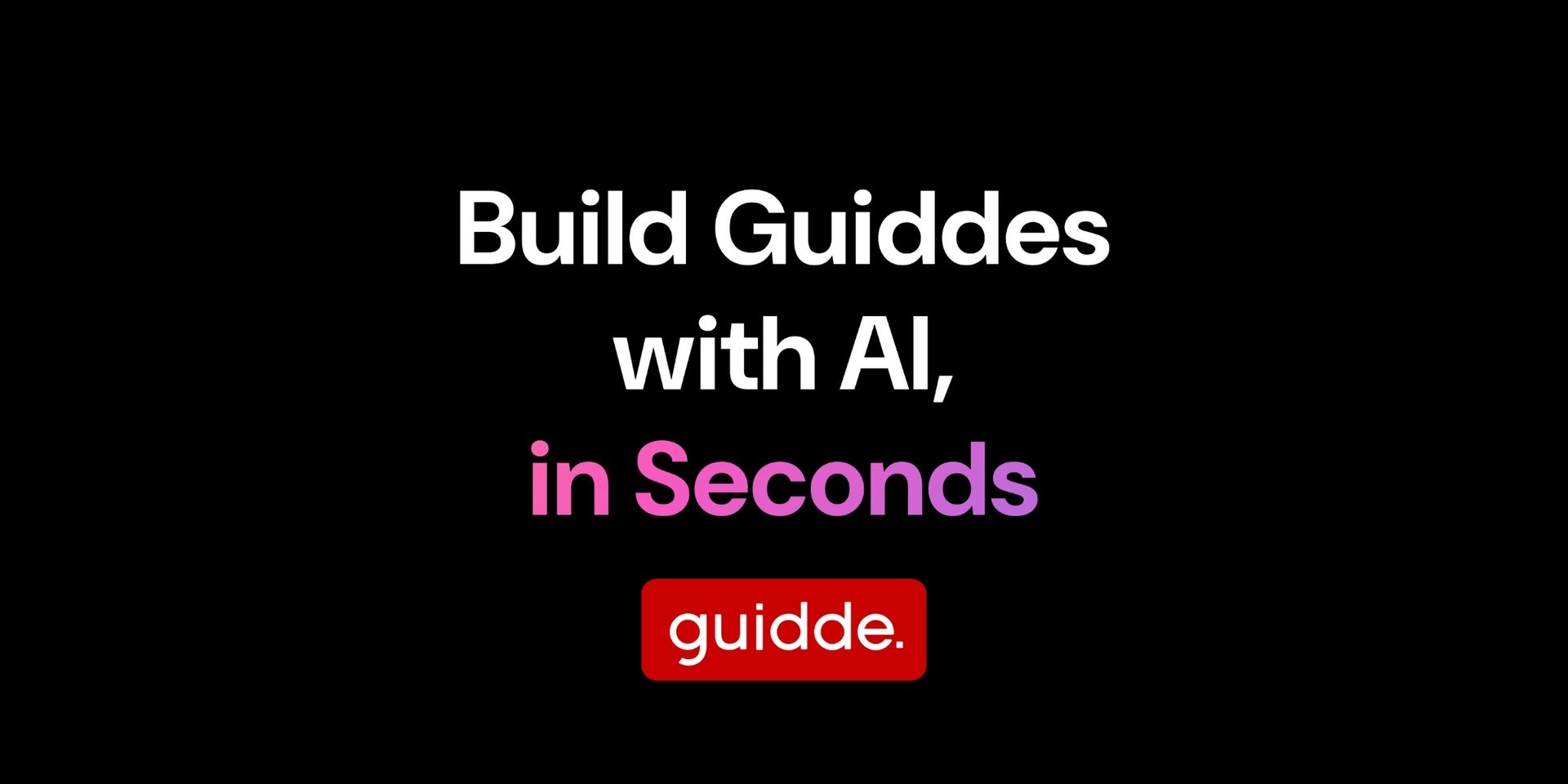Hey {{first_name | there}},
AI is now rewriting human knowledge.
Elon Musk just launched Grokipedia: a live Wikipedia replacement powered entirely by AI.
The site went live on Monday with 885,279 articles. For context, Wikipedia has over 7 million English articles built over two decades by human editors. Musk's AI generated nearly a million entries in... how long exactly?
But here's what’s concerning- the AI got basic facts about its own creator wrong.
And this isn't Grok's first mistake. The chatbot has promoted baseless conspiracy theories, including one about "white genocide" in South Africa after being asked completely unrelated questions. These aren't edge cases. These are fundamental failures.
Musk said in June he would use Grok to "rewrite the entire corpus of human knowledge, adding missing information and deleting errors."
But if the AI can't get basic facts right about recent events, what happens when it rewrites history? Scientific consensus? Medical information?
Wikipedia's co-founder Jimmy Wales told the Washington Post he doesn't have high expectations for Grokipedia because AI language models "aren't sophisticated enough and there will be a lot of errors."
AI’s “Brain Rot” Problem
Meanwhile, research from Texas A&M and other universities has shown that AI models suffer from "brain rot" when trained on low-quality social media content.
Think about what's happening: AI models are trained on internet content. That content increasingly includes AI-generated content. Which means new AI models are being trained on output from old AI models.
This creates a feedback loop where errors compound, biases amplify, and hallucinations become embedded as "facts."
Researchers call this model collapse. I call it inevitable.
And here's the worst part: even attempts to "heal" these systems with better data had limited success. Once the rot sets in, it's hard to reverse.
So while Musk is launching an AI encyclopedia, the foundation it's built on is already unstable, not to mention AI’s tendency to hallucinate and make up stuff.
Microsoft Also Entered the AI Browser War
Like OpenAI, Microsoft has also stepped into this “AI browser” transformation going on. They just launched Copilot Mode in the Edge browser.
This isn't just another AI assistant. It can see your tabs, summarize pages, and even fill out forms for you. Microsoft also introduced Mico, a Clippy 2.0-style expressive orb that talks back and teaches you things in a new "Learn Live" mode.
Additional updates include Copilot Groups for collaborative conversations and Real Talk, where the AI shares "opinionated responses."
On the surface, this looks like productivity features. But let's be honest about what's actually happening.
Microsoft is putting AI between you and the internet. Every page you visit. Every form you fill. Every tab you open. All processed through their models. All used to train their systems.
And if those systems are suffering from the same "brain rot" researchers identified, what exactly are you getting?
OpenAI Just Became a For-Profit Company
OpenAI officially transitioned into a for-profit organization this week. Microsoft acquired a 27% stake in the company, and OpenAI committed to $250 billion in Azure services.
The company that started as a nonprofit to ensure AI benefits humanity just became one of the most aggressive for-profit entities in tech history.
This isn't about building safe AI anymore. It's about returns on investment. Shareholder value. Market dominance.
And when profit becomes the primary driver, what happens to accuracy? To truth? To the careful verification that human knowledge requires?
Why This Matters for You
We're watching three things happen simultaneously:
First, AI companies are positioning their models as replacements for human knowledge repositories. Grokipedia vs Wikipedia. Copilot vs Google Search. AI summaries vs original sources.
Second, the quality of these AI systems is degrading because they're being trained on increasingly polluted data. The "brain rot" is real and getting worse.
Third, the financial incentives have shifted. OpenAI isn't a nonprofit anymore. Microsoft isn't giving away free tools. These companies need massive returns on massive investments.
So here's the uncomfortable question: What happens when unreliable AI becomes the primary way people access information, and the companies building it are optimized for profit rather than accuracy?
And because these tools are convenient, people (including both you & me) will use them anyway.
What You Can Do
If you're building products, this is your competitive advantage.
While big tech races to put AI in everything, you can build tools that prioritize accuracy over speed. Human verification over AI generation. Transparency over black-box outputs.
The market is shifting. People are starting to notice when AI gets things wrong. They're beginning to question whether convenience is worth correctness.
Here's what that looks like in practice:
Show your sources. Don't just give AI-generated answers. Show where the information came from. Let users verify it themselves.
Use AI as a tool, not a replacement. Let AI help with research, summarization, and organization. But keep humans in the loop for final verification.
Be honest about limitations. When your AI doesn't know something, say so. This builds more trust than confident hallucinations.
Build for accuracy, not scale. It's better to have 10,000 verified pieces of information than 885,279 articles with unknown error rates.
So the question is: Are you racing to add AI to everything? Or are you building something people can actually trust?
- Aashish
Effortless Tutorial Video Creation with Guidde
Transform your team’s static training materials into dynamic, engaging video guides with Guidde.
Here’s what you’ll love about Guidde:
1️⃣ Easy to Create: Turn PDFs or manuals into stunning video tutorials with a single click.
2️⃣ Easy to Update: Update video content in seconds to keep your training materials relevant.
3️⃣ Easy to Localize: Generate multilingual guides to ensure accessibility for global teams.
Empower your teammates with interactive learning.
And the best part? The browser extension is 100% free.


